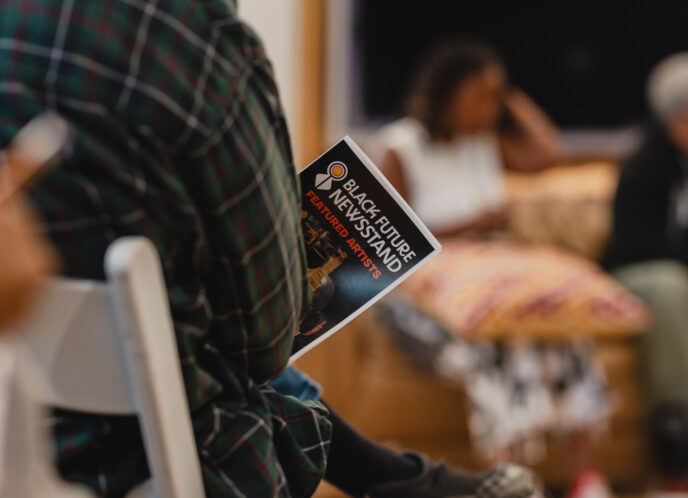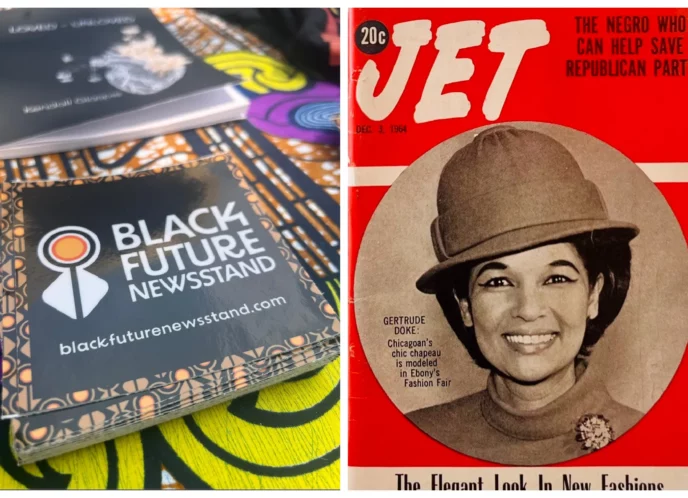The following is an excerpt from an article at the Feminist Wire. Read the original article here.
Recently, NYU Press published 22 Ideas to Fix the World, edited by Piotr Dutkiewicz and Richard Sakwa. It’s a fine book, full of smart, engaging, and provocative suggestions for instigating social change. Contributors include some of the brightest economists, historians, sociologists, and policy analysts of our time, luminaries such as Mike Davis, Muhammad Yunus, Zygmunt Bauman, Kemal Dervis, and Joseph Stiglitz. The book is weighty, in more ways than one.
The contributors present a wealth of ideas, from recognizing minority rights (Will Kymlicka), to reductions in inequality leading to economic growth (Stiglitz), to acceptance of our interconnectedness (Olzhas Suleimenov), to the need for solidarity (Craig Calhoun), to the economic power of developing countries (Jiemian Yang). Taken together, the interviews (for each essay is, in fact, a conversation between “the world’s foremost thinkers” and their interlocutors) offer a savvy diagnosis of what “we’ve” been doing wrong, as well as some brilliant strategies for reordering political economic systems and practices. Of course, there are also a few missteps, for example claiming that “the era of colonialism is now long gone” (p. 434).
Overall, in reading through this urgent collection of ideas about global political economy and its discontents, one cannot help but notice the glaring–and we mean glaring–absence of women. Not only are women not among “the world’s foremost thinkers” featured in the book, but women, women’s activism, and girls’ and women’s lives barely show up across 466 pages of text. Even Forbes, that booster of neoliberalism, noticed that 22 Ideas to Fix the World features only men; not a single woman is included among the 22 idea-generators. Where women do show up, men such as Muhammad Yunus are speaking for them, with little regard for transnational feminist critiques of microfinance.
Here at The Feminist Wire, we find it both curious and deeply disturbing that among the book’s editors, contributors, and publishers, nobody thought to say, “Hey, wait a minute, folks! Maybe we should talk to some women.” After all, it is the twenty-first century. And although men predominantly may hold prestigious positions in academia, government, and inside illustrious institutions such as the World Bank and the IMF, it is women and their families who bear the brunt of neoliberal policies, such as structural adjustment, and it is women activists who daily put their lives on the line to fight for local, regional, and global change.
We also find it both curious and deeply disturbing that among the 22 ideas, several that we find extremely valuable are neither discussed nor listed in the appendix. For example, feminism, anti-racism, anti-imperialism, and love, to name a few. (Peace, to the editors’ credit, shows up at least once.) What rationalities, we wondered, could possibly lead to an important scholarly intervention about human rights, the global economy, micro-credit, environmental action, the future of democracy, the global balance of power, and the economic crisiswithout also including girls and women as subjects, or women as experts?
Again, let us gently note that we are living in the twenty-first century. Moreover, it’s not as if there aren’t expert women to call on, fromMarilyn Waring to Bina Agarwal to Paula England, to Esther Duflo,Janet Currie, Anne Case, Claudia Goldin, Anne Krueger, Marianne Bertrand, Serena Ng, Janet Yellin, Amy Finkelstein, and so many more. As Marilyn Waring demonstrated so many years ago, “if women counted” is both a feminist analytic method and a call to arms for transforming the world. Apparently, women still don’t count in 22 Ideas to Fix the World.
There is so much more to say about this book. But for now, we’d like to turn to our own ideas for fixing the world, in which we profile 23–yes, 23, because 22 just isn’t enough–girls and women who are transforming our world with love, feminism, anti-racism, collaboration, peace, solidarity, empathy, critique, and hope. This is by no means an exhaustive list; it’s a compilation of just some of the girls and women whose work we follow, who inspire us, and who demonstrate through their actions that it doesn’t take a privileged political economist to fix the world. . .
Malkia Cyril, activist and creative writer, is founder and Executive Director of the Center for Media Justice. Founded in 2008, CMJ uses the media as a vehicle for social change. Through CMJ, Cyril continues her media activist work of many decades, training and guiding the next generation of activists in the necessary new media approaches of the twenty-first century.
Read about the rest of the amazing girls and women transforming the world here


